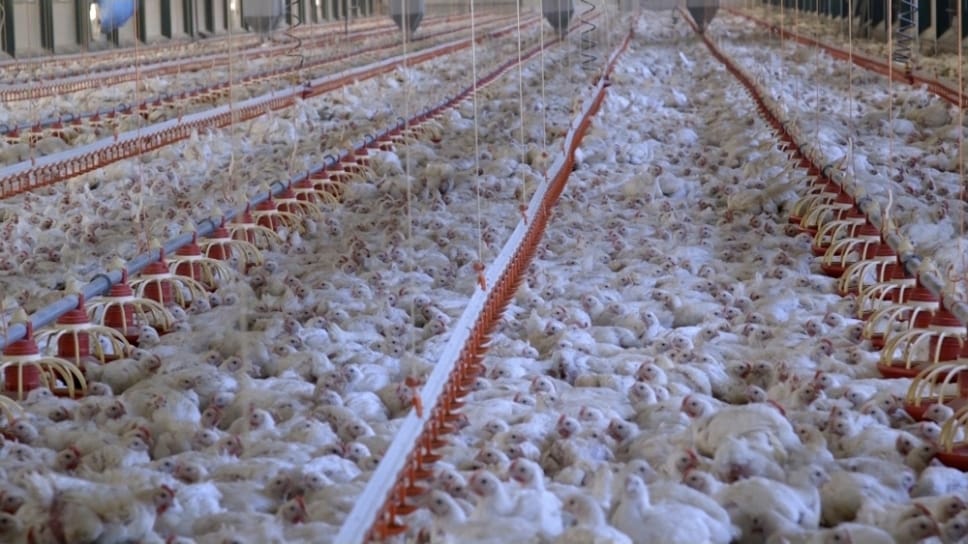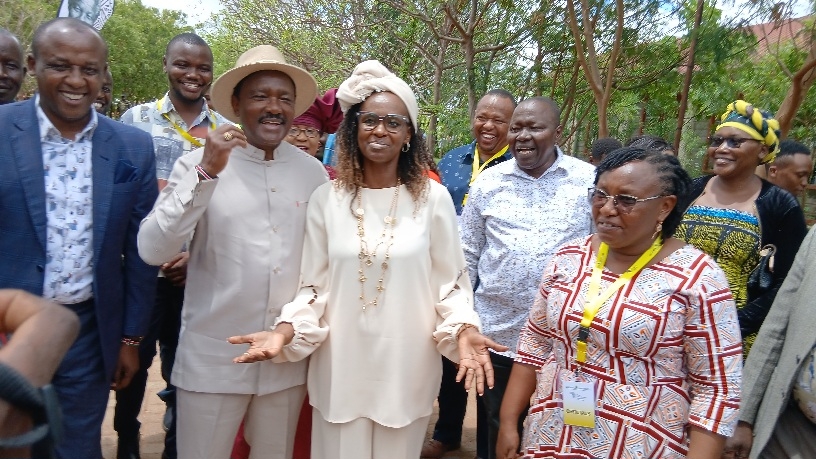
Governments across the world are being urged to stop subsidising factory farms that harm the planet and instead support sustainable, humane farming systems.
A new report by World Animal Protection (WAP) warns that billions of dollars in public funds are fuelling deforestation, pollution and animal cruelty.
The report, Subsidising Factory Farm Harm, exposes how subsidies to industrial livestock operations in major economies such as China, the United States, India and the European Union continue to pour billions into factory farms.
According to the organisation, these subsidies are locking the world into food systems “that are not fit for purpose.”
WAP Director of External Engagement, Kelly Dent, said governments must change course before it is too late.
“We can’t keep pouring taxpayer money into food systems that are not fit for purpose. Factory farms pollute our climate, destroy biodiversity and put animals through immense suffering,” she said.
Agriculture already accounts for up to 34 per cent of global greenhouse gas emissions and could rise sharply if left unchecked.
The report warns that by 2050, the sector could generate as much as 52 per cent of total global emissions.
Despite this, agriculture receives among the highest subsidies of any sector, second only to fossil fuels.
In Africa, much of the public agricultural budget is spent on input subsidies that primarily benefit large-scale and industrial producers, sidelining smallholder farmers who produce the majority of the continent’s food.
“Governments need to redirect subsidies away from factory farming,” Dent added.
“Public finance should drive sustainable and humane food systems, but right now we’re being locked into harmful ones.”
The study highlights that subsidised production of beef, soy used for animal feed and palm oil drives about 14 per cent of global deforestation.
In Brazil, which will host COP30, the beef industry receives roughly USD 3.1 billion (Sh400 billion) in annual subsidies while contributing about USD 3.8 billion (Sh490 billion) in taxes, a near balance that raises questions about the effectiveness of such support.
Examples from Kenya and across Africa show that sustainable alternatives exist.
Kenyan farms integrating crops, bees, chickens, goats and cattle are demonstrating that agroecological systems can deliver both profit and environmental protection.
These systems reduce chemical use, improve animal welfare and create more resilient food sources.
According to WAP, a shift towards agroecology and humane farming systems could make African agriculture more inclusive, sustainable and climate-resilient.
The organisation is calling on African leaders attending COP30 to phase out harmful subsidies that fund industrial livestock expansion and instead support smallholder farmers and agroecological innovations.
“Factory farms are driving deforestation, pollution and cruelty,” WAP External Affairs Lead Sally Kahiu, said.
“It’s time African governments stop funding destruction and start investing in solutions by redirecting subsidies towards humane and sustainable farming systems.”
As COP30 begins in
Brazil, WAP says redirecting public finance is one of the most powerful steps
governments can take to build a sustainable and humane food future.















